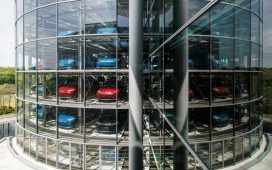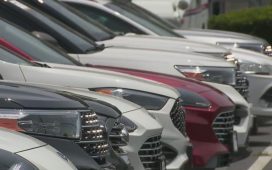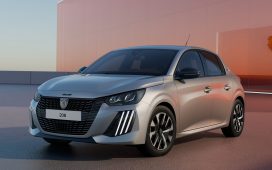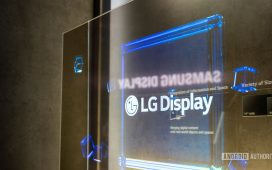The Ontario-based EV supply chain project, originally unveiled in April 2024, was seen as a cornerstone in Honda’s strategy to localise production and secure critical battery materials in North America. However, the automaker now says the initiative will be “put on hold for approximately two years,” pointing to the softening of EV demand and the uncertainty caused by trade policies under US President Donald Trump.
“Due to the recent slowdown of the EV market, Honda Motor has announced an approximate two-year postponement of the comprehensive value chain investment project in Canada. The company will continue to evaluate the timing and project progression as market conditions change,” Honda Canada spokesperson Ken Chiu told CBC News in an email statement.
Honda first announced plans to build electric vehicles at its existing factory in Alliston, Canada, last year. The goal was to also build a new EV battery plant at the facility, which was supposed to open its doors in 2028. The carmaker would have also processed cathode material there, which is needed for the batteries. While not confirmed by Honda, the investment in the facility was estimated to reach around 10 to 11 billion US dollars.
If Honda eventually goes through with its plans, it would be the third EV battery plant in Ontario, following the announcements of PowerCo and Stellantis and LGES. The latter’s joint venture NextStar Energy kicked off battery module production at its facility in Windsor towards the end of last year. PowerCo is setting up shop in St. Thomas. The site has been prepared, but construction has yet to start.
But back to Honda: The Japanese manufacturer, the country’s second-largest carmaker, disclosed the move not to build electric cars in Canada for now, as it projected a 59 per cent drop in operating profit for the financial year ending March 2026. The revised outlook lowers Honda’s expected operating income to 500 billion yen (approximately 3 billion euros), down from 1.21 trillion yen (about 7.4 billion euros) in the previous year. A significant factor in this decline is a projected 650 billion yen loss from tariffs, including 300 billion yen attributed specifically to levies on approximately 550,000 imported vehicles.
While Honda claims it can absorb around 200 billion yen of that hit through internal cost mitigation, the remaining exposure underscores the growing impact of protectionist trade policies on global supply chains. The decision also casts a shadow over Canada’s ambitions to become a key player in the North American EV ecosystem, which has recently seen a surge of investment from OEMs and battery suppliers alike.









